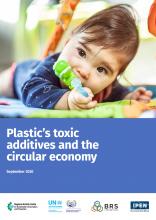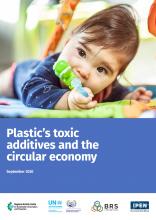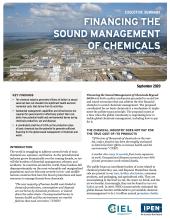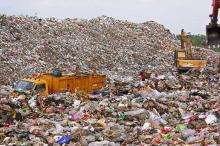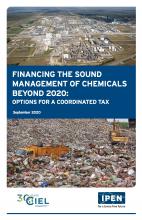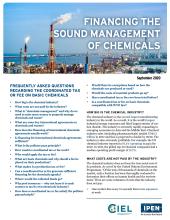Gothenburg, Sweden As people and ecosystems around the world are increasingly exposed to multiple and interacting hazardous chemicals, experts from leading international law and global chemical safety organizations are releasing a groundbreaking report that offers a clear pathway to finance the control and regulate toxic chemicals and waste: a producer-pays tax on basic chemicals.
The chemical industry generates trillions of dollars in annual sales (projecting sales over USD 11 trillion in 2030), but it does not bear the significant health and environmental costs that derive from its activities. These costs, according to World Health Organization estimates, include 1.6 million annual premature deaths due to the global disease burden attributable to preventable chemical mismanagement and 45 million Disability-Adjusted Life Years (DALYs).
The proposal by the Center for International Environmental Law (CIEL) and the International Pollutants Elimination Network (IPEN) asserts that chemical producers must take greater financial responsibility for the safe management of their products, beginning with the production of feedstock chemicals that fuel the global chemicals sector and the rapidly growing petrochemical industry.
The plan proposes a small coordinated fee of 0.5% on the production value of basic chemicals that will fund the sound management of chemicals and waste. Basic chemicals are early-stage chemicals produced from petroleum, natural gas, and other raw materials. These chemicals represent the basic building blocks from which all other chemicals are made. In 2018, sales of basic chemicals totaled USD 2.3 trillion.
View the entire package, including the press release, reports, executive summary, FAQ, and videos.

